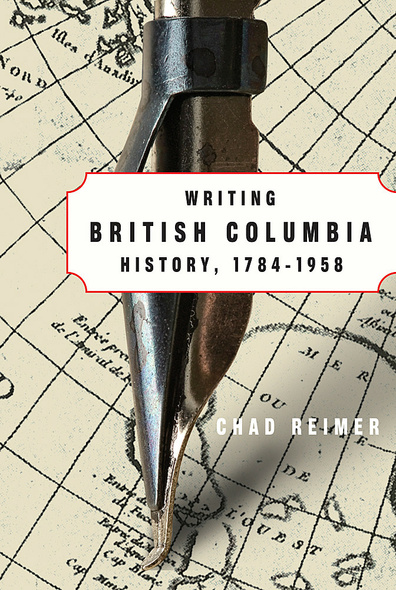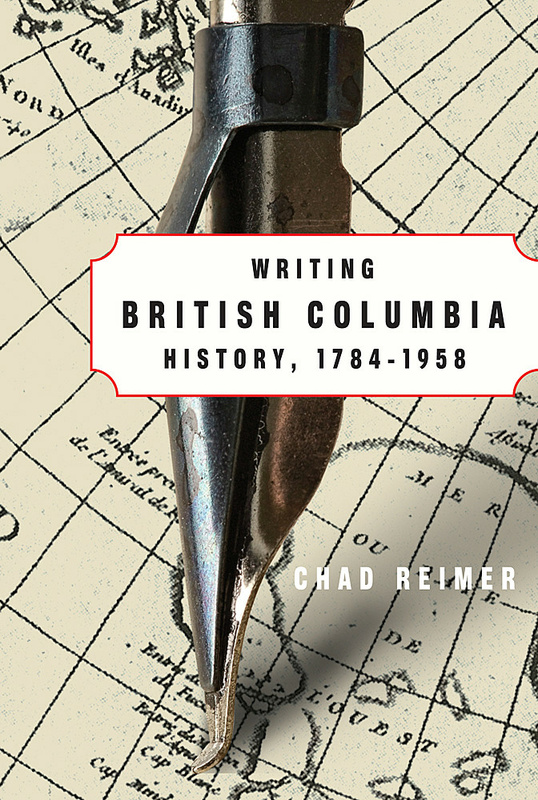
Captain James Cook first made contact with the area now known as British Columbia in 1778. The colonists who followed soon realized they needed a written history, both to justify the dispossession of Aboriginal peoples but also to formulate an identity for a new settler society.
Writing British Columbia History shows how Euro-Canadian historians, professional and otherwise, accomplished this task, but it also reveals that they struggled with the newness of colonial society and with overlapping, often competing, alliances to the British Empire, the United States, and, after 1871, Canada. Beginning with explorer’s accounts and continuing through to promotional literature, “pioneer” history, and the professionalization of the discipline at the Department of History at the University of British Columbia, Reimer demonstrates that historians eased the tensions in three ways. They defined British Columbia as part of a global British Empire; they incorporated it into an expanding Anglo-Saxon civilization; and they consciously wrote it into the empire of history itself. By doing so, they legitimated their own society at the expense of others.
This sweeping study of the role of history writing in colonialism and nation building will appeal to anyone interested in British Columbia history, the history of the Pacific Northwest, or history writing in Canada.
This sweeping study of the role of history writing in colonialism and nation building will appeal to anyone interested in British Columbia history, the history of the Pacific Northwest, or history writing in Canada.
This highly readable book has reshaped the way I think about BC history. Reimer follows five generations of BC historians as they tried to make the province ‘home’ by creating a past that celebrated and justified a ‘White Man’s Province’ dominated by an Anglo elite ... Historians, as Reimer eloquently shows, played an essential role in the colonization of British Columbia and the maintenance of minority rule by a capitalist, Anglo, male elite through the late 20th century. This book is essential for anyone interested in the creation of a past for British Columbia.
Acknowledgments
Introduction
1 The Earliest Pages of History
2 Pioneers, Railways and Civilization: The Late Nineteenth Century
3 A Greater Britain on the Pacific: History in the Edwardian Age
4 The Domain of History: Judge Frederic Howay
5 A Professional Past: The University of British Columbia and Walter Sage
6 W. Kaye Lamb, Margaret Ormsby, and a First Generation of BC Historians
Conclusion
Notes
Bibliography of Primary Sources
Index






